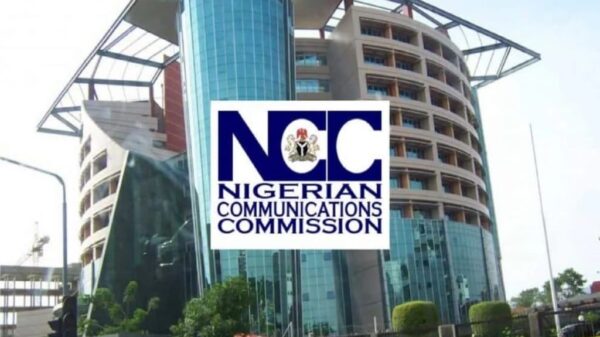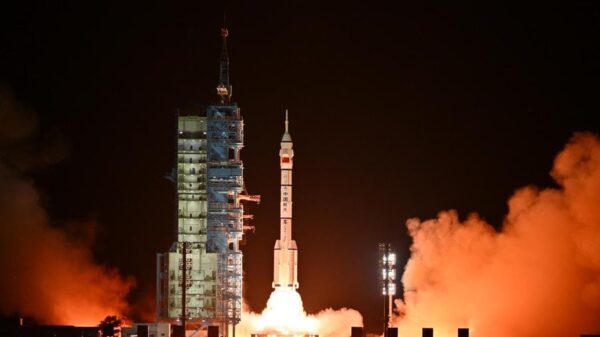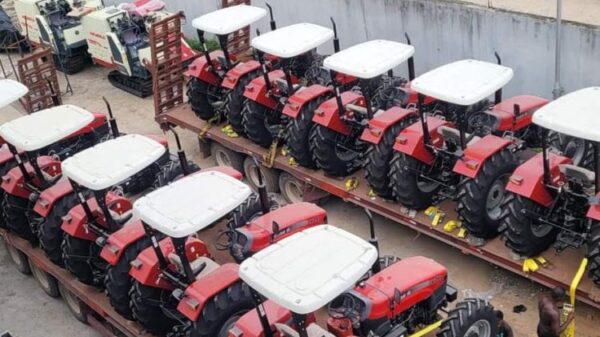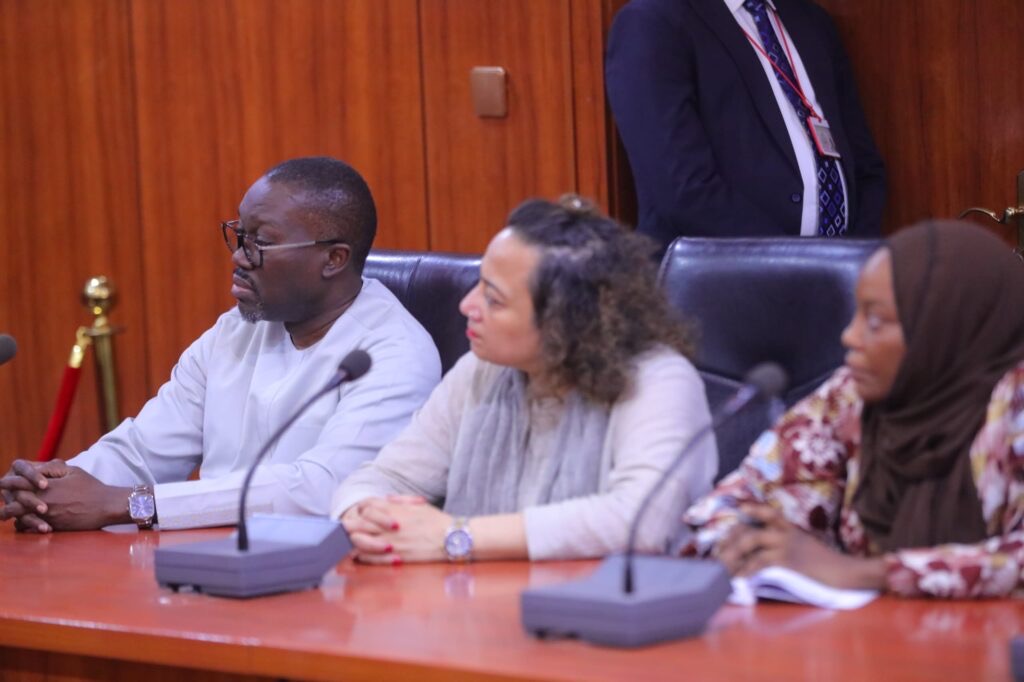The World Bank has lauded the post insurgency recovery and infrastructure development programmes initiated by the Nigeria’s North East Borno state.
The World Bank Country Director, Dr Ndiame Diop, stated during a courtesy visit to Governor . Babagana Zulum of Borno on Monday in Maiduguri.
Diop, who lauded the technical education and critical infrastructure development programmes, pledged more support to stimulate sustainable social and economic transformation of the state.
He said the delegation including senior education specialists and project leaders were impressed by the state’s recovery efforts in most critical sectors.
“We visited two technical schools offering eight different skills, a beautifully set up day school, and a flood damaged school where rehabilitation efforts were already underway.
“The level of commitment we observed is commendable, and we are happy to support these processes,” Diop said.
He also acknowledged the impact of World Bank’s projects such as the Adolescent Girls Initiative for Learning and Empowerment (AGILE), and the Better Education Service Delivery for All (BESDA) in rebuilding schools and empowering vulnerable populations.
Diop assured of the bank’s continued partnership with the state, and stressed that such sustained collaboration would tackle Borno’s unique challenges.
“Borno is critical to Nigeria’s development, and we will continue to support your efforts in education, health, agriculture, and recovery from insurgency and climate-related challenges,” he said.
Earlier, Zulum said the decade-long Boko Haram insurgency caused colossal damage to critical infrastructure estimated at about $5 billion dollars, thus exposing the state to dire humanitarian challenges.
“Out of the 6.9 billion dollars losses incurred across the North-east, Borno accounts for about two-thirds,” Zulum said.
“The insurgency destroyed critical infrastructure and disrupted livelihoods, but with support from the World Bank and other partners, we are rebuilding,” he said.
The governor highlighted the positive impact of World Bank’s projects, including the Multi-Sectoral Crisis Recovery Project (MCRP), Agro-Climatic Resilience in Semi-Arid Landscapes (ACRESAL), and the Nigeria Erosion and Watershed Management Project (NEWMAP).
Zulum, therefore, called for urgent attention to the flood and blocked waterways, which devastated farmlands and displaced farmers.
He underscored the need for more interventions to procure equipment for dredging of waterways and desilt projects.
He said , “flooding significantly impacted our farmers, without comprehensive dredging, we cannot solve this problem.
We need increased support to address these challenges.”
While urging more support for the South Chad Irrigation Scheme and other agricultural initiatives aimed at revitalising Borno’s untapped arable lands,
Zulum called for implementation of the Health Resilience Project, to strengthen the healthcare system and improve wellbeing of the residents.
The delegation also visited Aloa Dam, to access the level of damage in the wake of Sept. 10 flooding in the state.
























